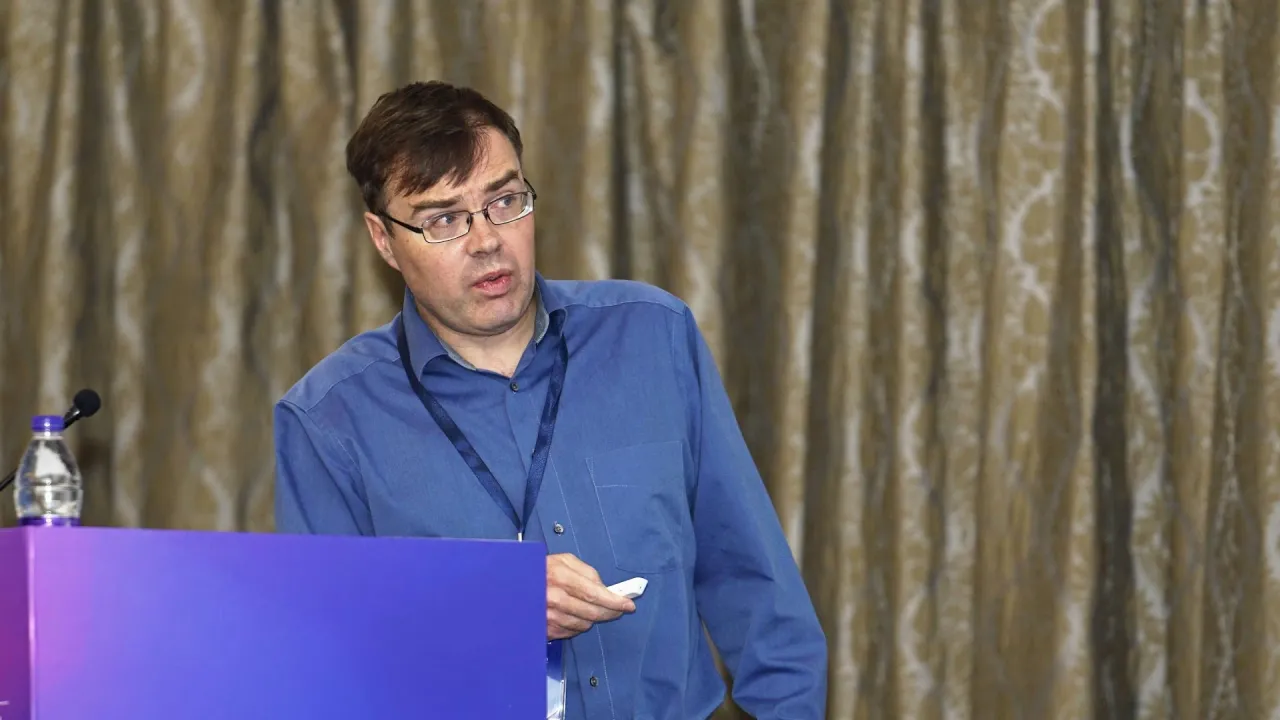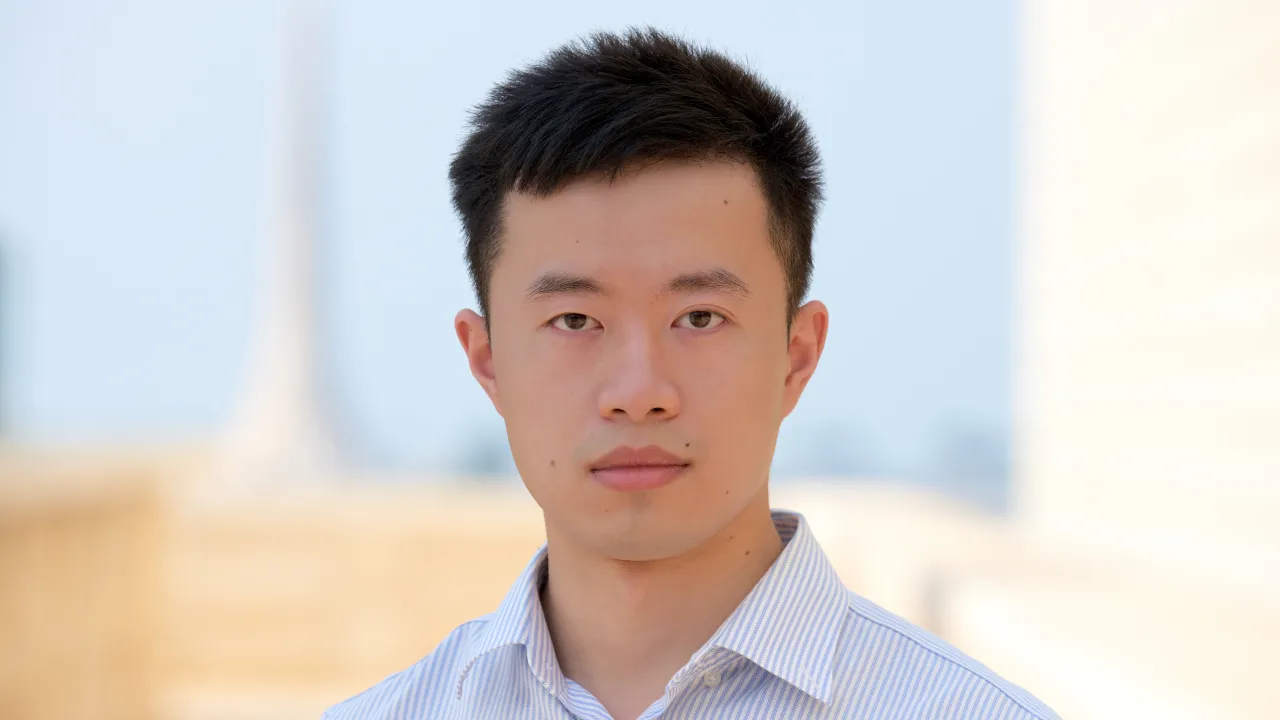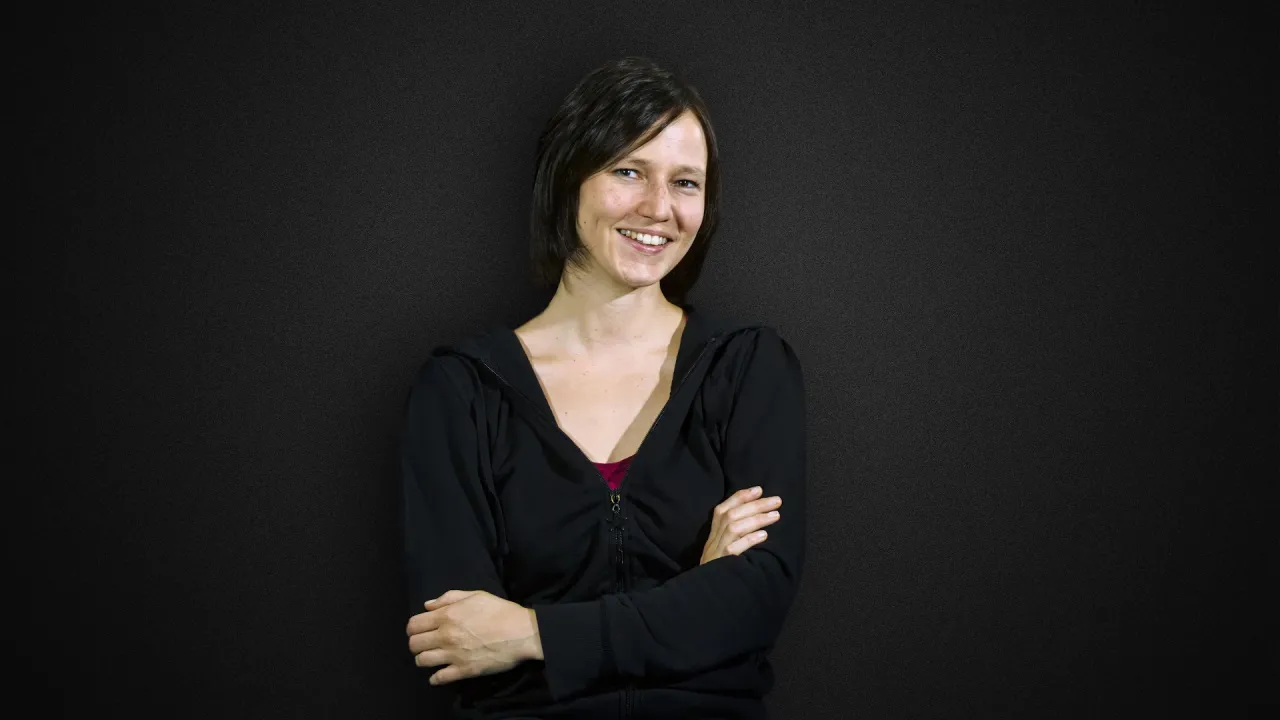Profiles
Research Scientists
Students
Shuai Lu
- Ph.D. Student, Computer Science
Biography
Shuai Lu is a Ph.D. candidate in Computer Science at King Abdullah University of Science and Technology (KAUST), supervised by Professor Gabriel Wittum and working in the Modeling and Simulations Lab. He completed his B.Eng. in Mechanical Engineering from China University of Mining and Technology (CUMT) in 2015. He received his master’s degree in Solid Mechanics at Beihang University in 2018.
Education
Former Members
Johannes Schneider
- Research Scientist, Modelling and Simulation
Susanne Höllbacher
- Postdoctoral Research Fellow, Modelling and Simulation




